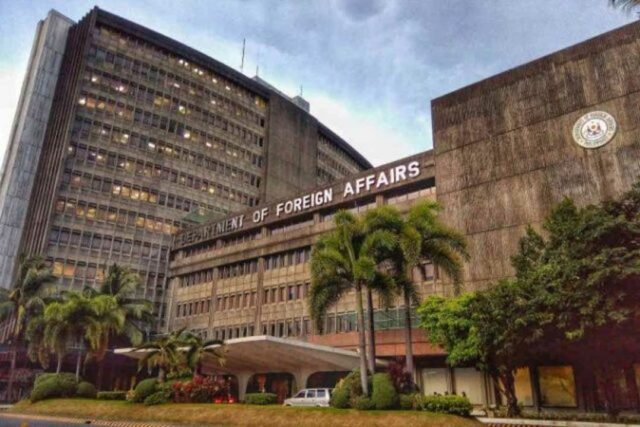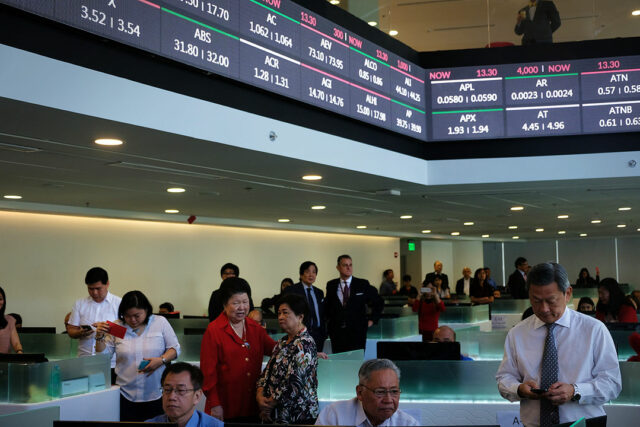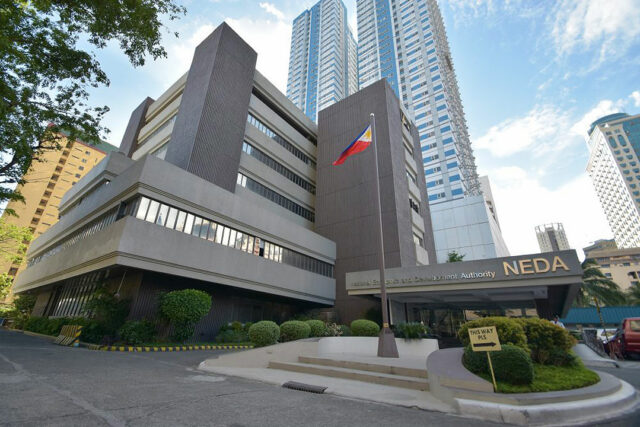PHL, Slovenia to sign labor deal
FOREIGN Affairs Secretary Enrique A. Manalo on Tuesday said that Slovenia and the Philippines are set to sign a memorandum of understanding on labor cooperation, following a meeting with Slovenian Foreign Minister Tanja Fajon.
“The Philippines and Slovenia will sign a Memorandum of Understanding (MoU) on Labor Cooperation during the Employment Forum organized by the Department of Migrant Workers (DMW),” he said in a statement.
“This MoU represents our shared advocacy for safe, orderly, and regular migration,” he added.
The Philippine foreign affairs chief did not provide details on the MoU.
Mr. Manalo had met with Ms. Fajon, who is on her first visit to the Philippines, to discuss the strengthening of their trade and investment cooperation.
“In addition, we will continue our cooperative activities in other sectoral areas, such as space, science and technology applications, nuclear energy, maritime education, training, sports, and labor,” Mr. Manalo said.
Ms. Fajon is joined by Slovenian business delegation, engaged in mobility, manufacturing, food and beverage, information and communication technology, science and technology, and hospitality.
Mr. Manalo said that the meeting aims to encourage and promote “collaboration between our Chambers of Commerce and Industry, and between Philippine and Slovenian businesses.”
The delegation is set to meet with Philippine businesses during the Slovenia-Philippines Business Forum on March 12.
In a separate release, the DMW said that the MoU seeks to safeguard the rights of Filipino workers in alignment with the legal standards of both countries.
“The agreement details the responsibilities of Slovenian employers in relation to the recruitment of Filipino workers, emphasizing the necessity for ethical practices and adherence to applicable laws,” the agency said.
The DMW added that deal aims to facilitate the exchange of knowledge and expertise in labor policies, workforce development, and other areas pertinent to both countries’ economies.
The agreement also covers facilitation of the visa processes for Filipino workers in Slovenia and the certification and recognition of Filipino workers’ skills and qualifications. — Adrian H. Halili












